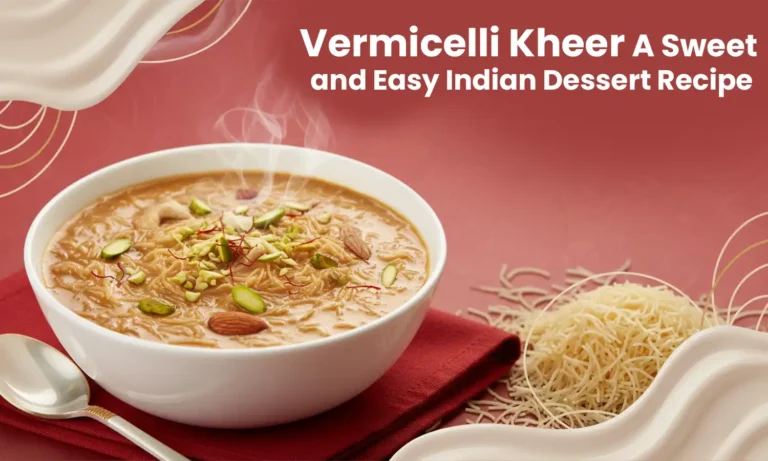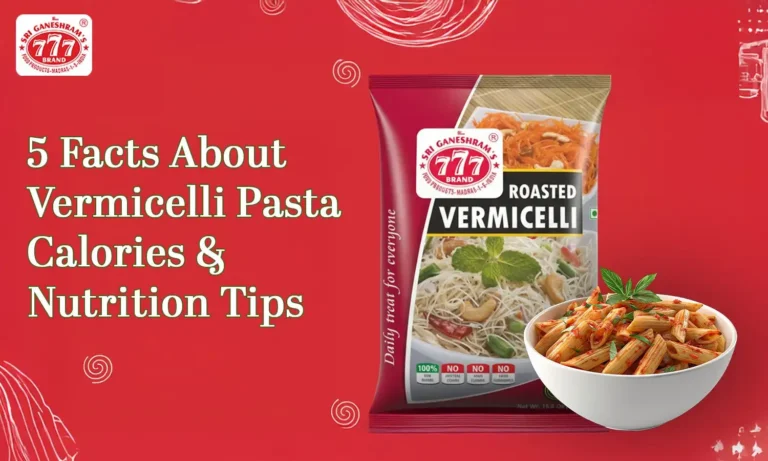When travelling to any pilgrims or a picnic for family time, the most sought-after food to pack for south Indians is Tamarind Rice, popularly known as Puliyodharai. This tangy and spicy dish will melt into your mouth as you’re sitting in a shade, ready to devour your food.
Puliyodharai is known for its bold flavours and a long shelf life, and it’s a favourite across South Indian households. Now thanks to Puliyodharai rice paste, making authentic tamarind rice has never been easier.

What is Tamarind Rice?
South Indian tamarind rice is a staple dish prepared using cooked rice, tamarind juice, and a unique spice mix. It’s also known as Puliyodharai or Puliyogare and is said to be a delicacy in many temples, picnics, and festive gatherings. The dish derives its strong, sour, and aromatic flavor from its special tamarind-based seasoning.
Why Use Puliyodharai Rice Paste?
With Puliyodharai rice paste, cooking becomes easy with an authentic taste. You can use homemade puliyogare paste or a store-bought one, such as 777 Puliyodharai paste or other instant puliyogare mix.
Ingredients for Tamarind Rice Using Puliyodharai Rice Paste
To prepare a tasty bowl of tamarind rice, begin with 2 cups of cooked and well-cooled rice, short-grain ones being the best for achieving the desired texture. Add 2 to 3 tablespoons of puliyodharai rice paste, adding more or less according to your choice of taste.
Tamarind rice ingredients usually have a tablespoonful of sesame oil or ghee which not only adds aroma but also helps coat the rice properly. For an extra touch of crunch and flavor, garnish with roasted peanuts, crisp curry leaves, or fried red chilies, each bite will bring back memories of traditional South Indian kitchens.

Step-by-Step Recipe: How to Make Tamarind Rice Using Puliyodharai Rice Paste
A simple tamarind rice recipe consists of following steps:
Cook the Rice
Use freshly cooked rice, then spread it out to cool. Non-sticky rice works best.
Heat Oil
In a pan, heat ghee or sesame oil. For more flavor, add mustard seeds, dry red chilies, and curry leaves.
Add Paste
Add the paste of Puliyodharai and fry over low heat for 1–2 minutes, until well-perfumed.
Mix Rice
Add cooked rice in increments, mixing carefully to coat all grains.
Taste & adjust
Taste and adjust the rice, adding paste or salt according to taste.
Garnish: Serve topped with roasted peanuts or cashews for texture.
Tips and Tricks for Spot-On Tamarind Rice
For the optimum texture, cook day-old rice or cool down your rice till it’s really cold before you make tamarind rice. Sesame oil not only tastes good but also makes the rice fresh for longer. In case you do not have much time, you can buy our store-bought instant puliyodharai mix like 777 puliyodharai paste that can be quickly made and tastes delicious.
After mixing, let the rice alone for about 30 minutes to allow the flavors to soak through thoroughly and mature thoroughly.
How to Serve Tamarind Rice
Instant tamarind rice is not only a meal, it’s a nostalgic memory for the majority of South Indians. This spiced rice is usually carried in steel tiffin boxes for school or train travel, and really springs to life when served alongside crispy, golden fried appalams that crackle in each bite.
A sprinkle of cool, creamy curd or plain yogurt provides balance and homeliness, while a spoonful of spicy South Indian pickle gives the required jolt of nostalgia. For an added touch, and most important serving is the famous brinjal curry, which transports us back into our grandmother’s place.
It’s perfect for lunchboxes, picnics, and travel meals in particular, due to its long shelf life without refrigeration.

Health Benefits of Tamarind Rice
Tamarind rice is not only tasty, it also has nutritional benefits. Tamarind itself is a digestive aid and is full of antioxidants that help to promote overall health. Tamarind rice calories consists of 294 calories, with a quantity of 235 grams.
The traditional spice flavorings in puliyodharai rice paste, including mustard seeds, turmeric, and curry leaves, add natural anti-inflammatory elements. Paired with crunchy peanuts or lentils, which are protein-rich, the dish is a healthy balance of carbohydrates and protein that is both satisfying and health-promoting.
Conclusion
Savor the flavor of tradition and convenience through the delicacy of tamarind rice prepared with Puliyodharai rice paste, a cinch of a dish that never disappoints.
FAQs
Is Tamarind Rice Good for Health?
Yes, tamarind rice is not only flavorful but also packed with health benefits. Tamarind is rich in antioxidants and aids digestion, while the spices in puliyodharai paste, like turmeric and mustard seeds, offer anti-inflammatory properties. When paired with peanuts or lentils, it becomes a nutritious dish providing both protein and carbohydrates.
In Which State Tamarind Rice Is Famous?
Yes, tamarind rice is not only flavorful but also packed with health benefits. Tamarind is rich in antioxidants and aids digestion, while the spices in puliyodharai paste, like turmeric and mustard seeds, offer anti-inflammatory properties. When paired with peanuts or lentils, it becomes a nutritious dish providing both protein and carbohydrates.
How Long Does Tamarind Rice Last?
When made with sesame oil and stored properly in an airtight container, tamarind rice can last up to 2 days at room temperature and 3–5 days in the refrigerator. Its long shelf life makes it ideal for travel and lunchboxes.
Can I Use Puliyodharai Rice Paste for Travel?
Absolutely! Puliyodharai rice paste is perfect for travel. Packing tamarind rice for travel is easy, requires minimal preparation, and stays fresh for hours without refrigeration, making it a go-to meal for road trips and pilgrimages
What Are the Ingredients in Tamarind Rice?
Tamarind rice typically includes cooked and cooled short-grain rice, puliyodharai rice paste, sesame oil or ghee, and optional garnishes like roasted peanuts, curry leaves, and fried red chilies. The paste itself is made of tamarind extract and a blend of traditional South Indian spices.








